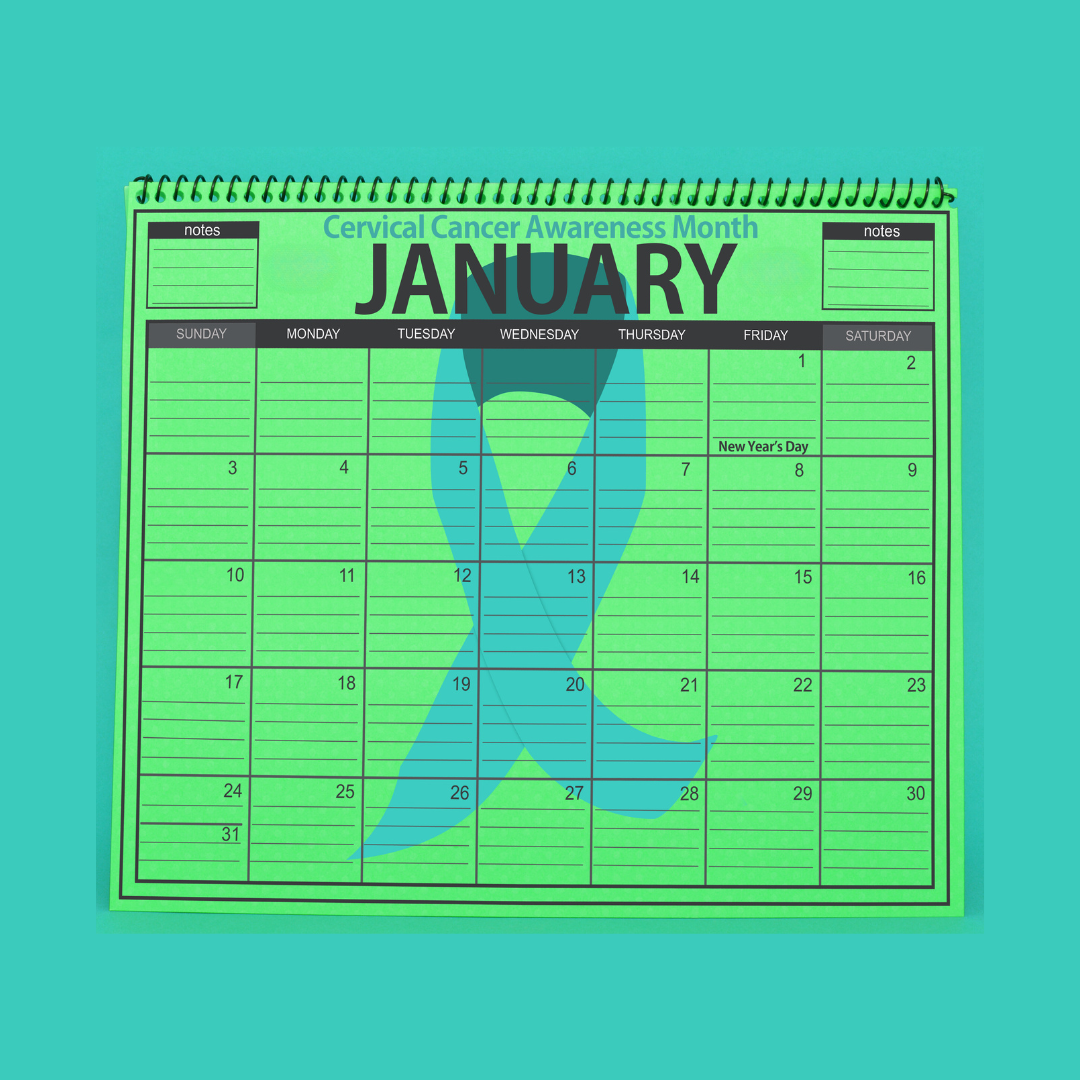Cervical cancer is a serious health concern that affects women all over the world. Still, it disproportionately affects women living in poverty. Unfortunately, socioeconomic barriers often make it difficult for these women to access the prevention, diagnosis, and treatment they need. This is why January’s Cervical Cancer Awareness Month is so important – it helps to shed light on this pervasive threat to women’s well-being. It encourages people to take action to address it. By raising awareness about the issue and working to eliminate the barriers that prevent women from accessing care, we can help to ensure that all women have the opportunity to live healthy lives.
In Kenya, an estimated 16.8 million women are at risk of developing cervical cancer, with 5236 new diagnoses and 3211 deaths recorded annually. Despite the availability of free Human papillomavirus (HPV) vaccines, misconceptions about the vaccine and limited knowledge about cervical cancer screening contribute to low uptake, and financial constraints hinder regular screenings. This often leads to delayed diagnoses and poor health outcomes. It is essential to prioritize comprehensive sexuality education to raise awareness about the importance of regular cervical cancer screenings, dispel common myths about the HPV vaccine, and encourage women to take advantage of the free HPV vaccine and cervical cancer screening services available.
Comprehensive sexuality education is a crucial step towards improving women’s health outcomes. It plays a vital role in bridging the information gaps to empower women to make informed health decisions. Such education can help women understand the importance of regular check-ups and screenings, including Pap tests, which can detect precancerous cells in the cervix early, preventing cervical cancer from developing.
However, not all women have access to healthcare services, and regular screenings may not be affordable for everyone. In this regard, low-cost programs that provide accessible screening services must be implemented. This will ensure that all women, regardless of their financial status, can receive the necessary care and attention required to maintain their health.

Furthermore, government initiatives aligning with WHO strategies can be critical in preventing cervical cancer. By investing in preventative measures such as education, screening programs, and increasing access to affordable healthcare, governments can reduce the rates and improve overall health outcomes for women.
The global community has set ambitious targets of eliminating cervical cancer by 2030. This concerted effort focuses on three key areas: vaccination, screening, and treatment. By achieving these goals, it is believed that millions of new cases and deaths could be averted, especially in developing countries. Kenya is one country that has aligned itself with the World Health Organization’s (WHO) objectives towards the elimination of cervical cancer. This would represent a significant step forward in reducing the country’s disease burden. However, it is important to note that achieving this objective requires collective efforts from all stakeholders. No woman should be left behind in the fight against cervical cancer, and it is only through collaborative action that we can achieve this noble goal.
Let’s work together to fight cervical cancer. To do this, we must understand how it affects people worldwide and what challenges we face. We will make a difference by supporting education, accessibility, and government initiatives. We can learn from Kenya’s efforts to eliminate cervical cancer by 2030. Empowering women and promoting early detection will ensure that no one is left behind in this fight.
Sharon Sitati, Communications Intern


